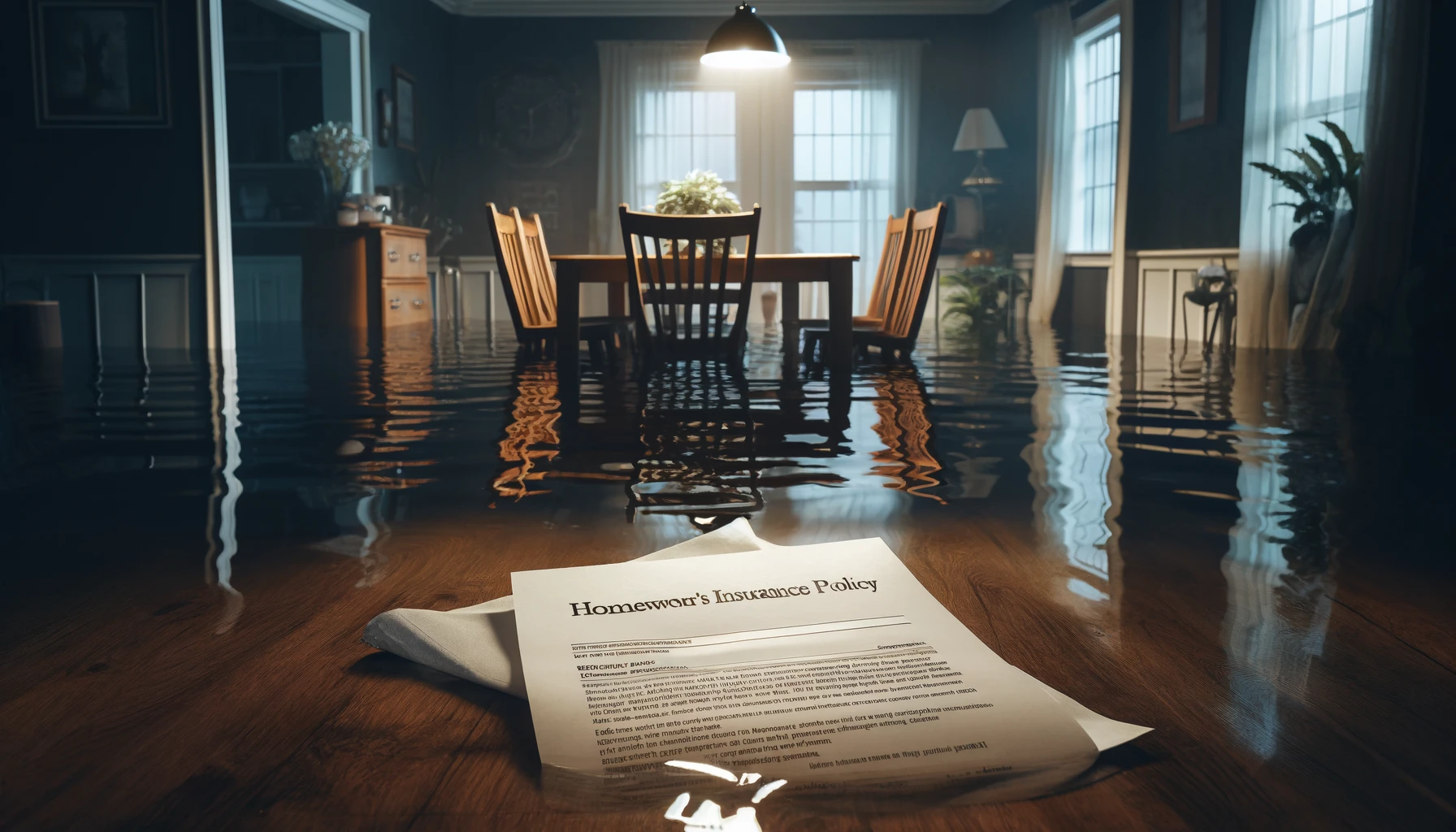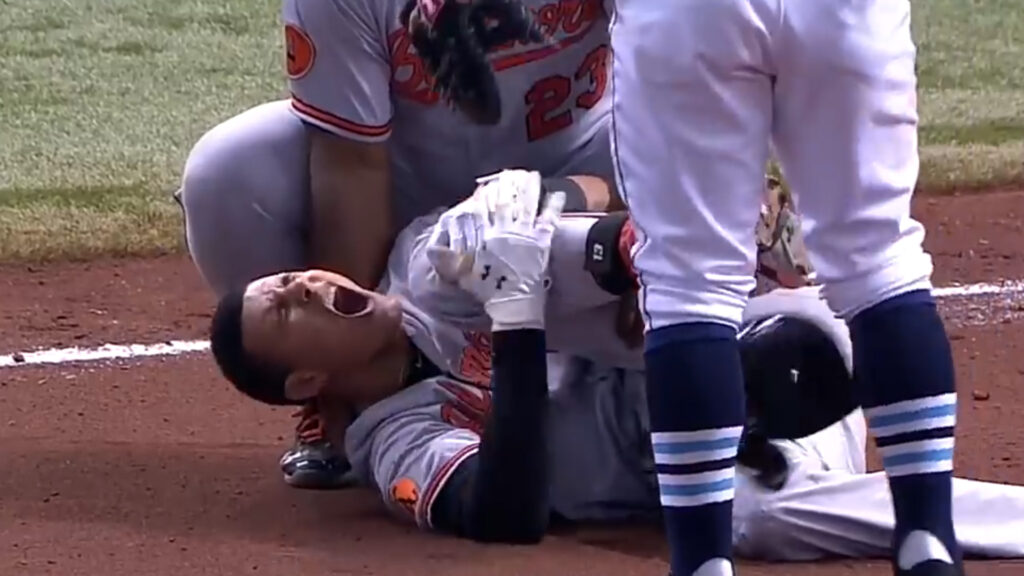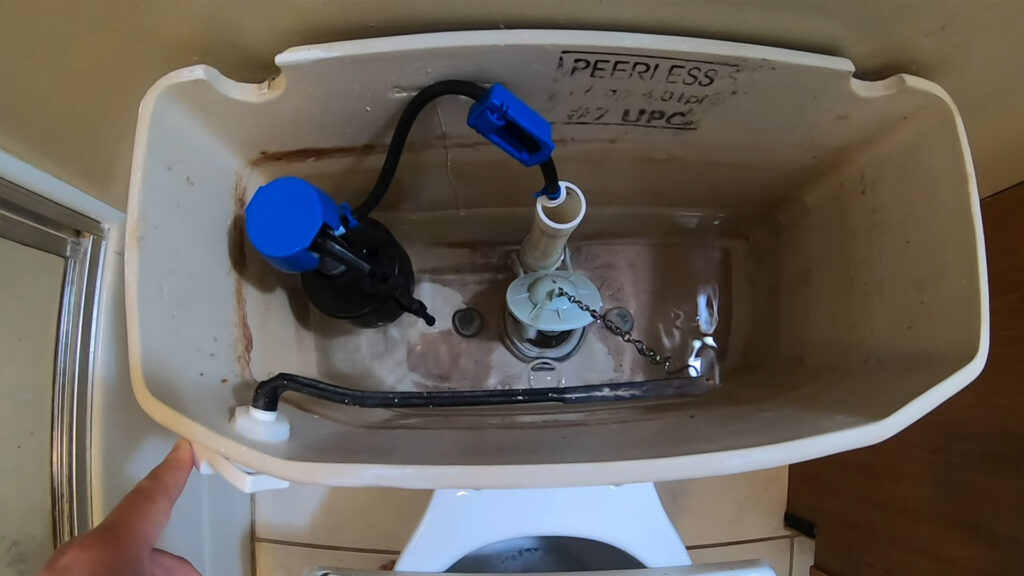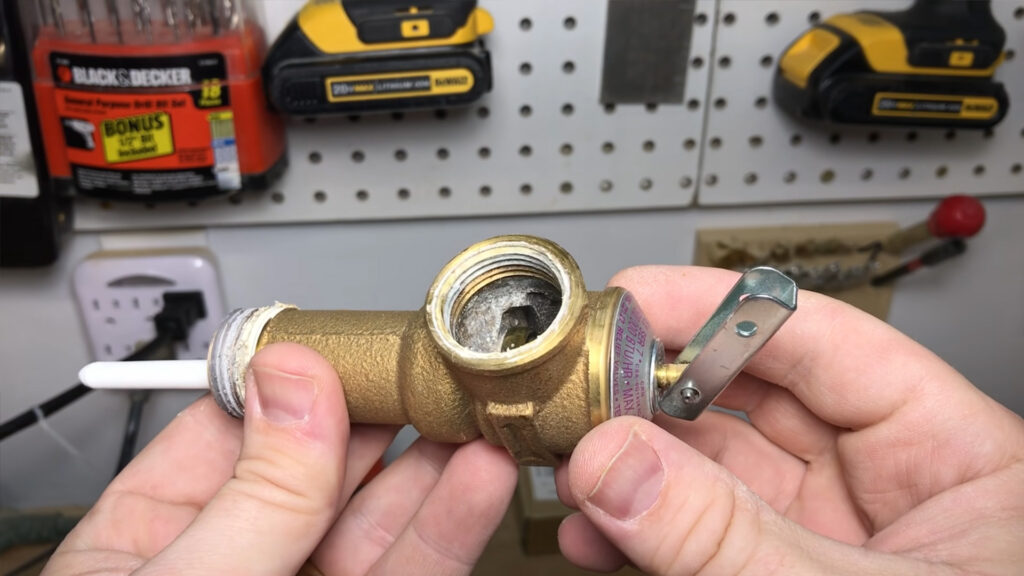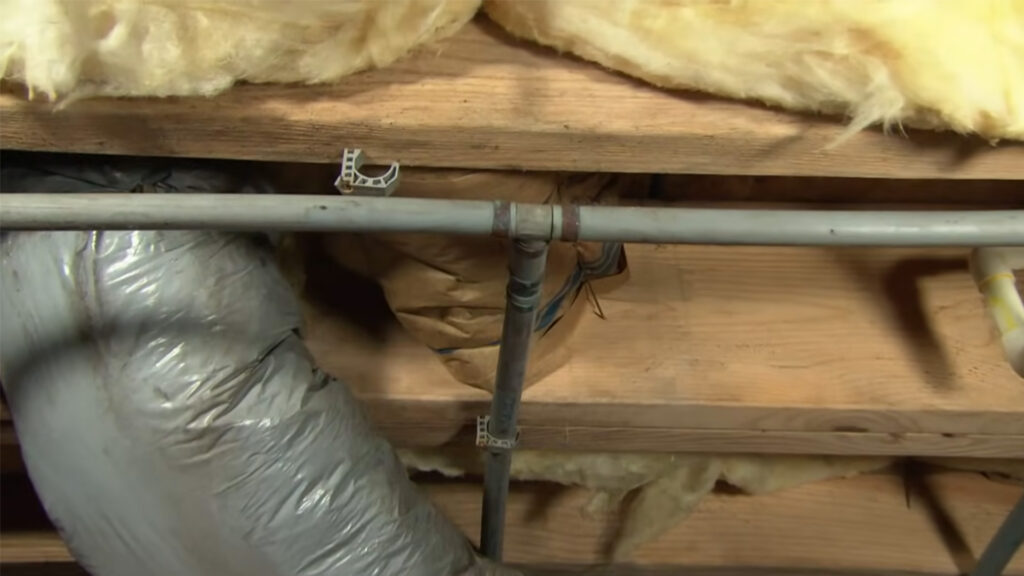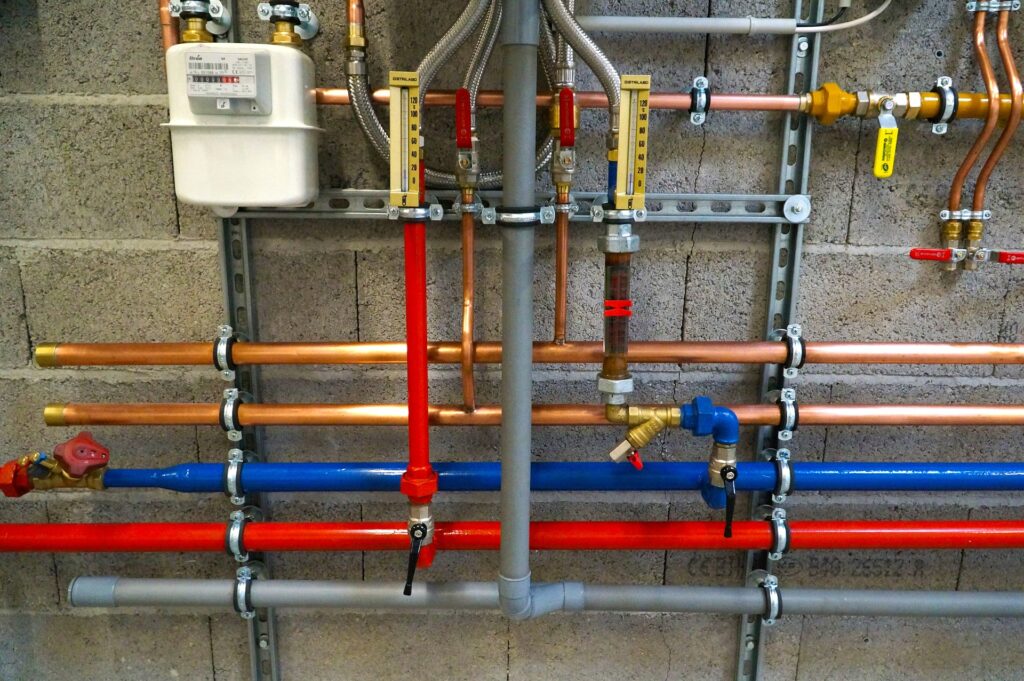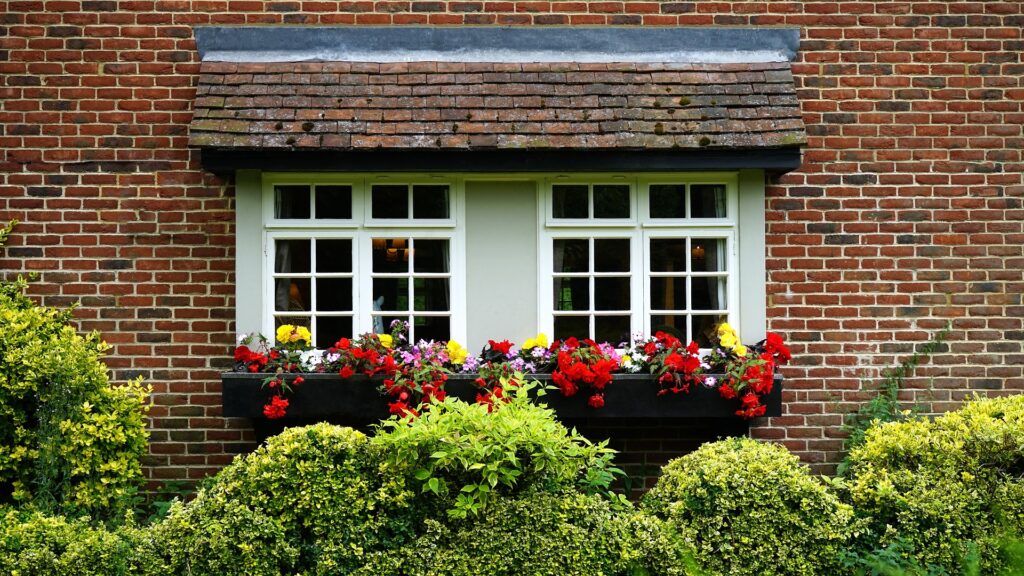Understanding Your Insurance Coverage for Water Damage
It’s essential to know what your insurance policy covers when it comes to water damage. For example, a major insurer states, “We cover water damage caused by sudden and accidental discharge.” However, they exclude coverage for damage due to floods, which requires separate flood insurance. Before a disaster strikes, confirm with your insurance provider whether damages from external water sources, such as floods, are covered. In many cases, separate flood insurance is required and can be costly. If you’re unsure, always contact your insurance to determine coverage specifics.
What To Do Immediately After Water Damage Has Occurred
If you experience water damage, the first step is to identify the water source. Whether it’s a malfunctioning sump pump, clogged drains, or a broken pipe, addressing the cause is crucial. For insurance claims, damages from these sources are generally covered. For instance, another policy specifies, “Water damage from plumbing, heating, or air conditioning overflow is covered.” However, damage from storm runoff often isn’t covered, and fixing the underlying issue will be your responsibility. Once the source is identified and stopped, contacting a professional water mitigation service like Philly Damage Restoration can ensure proper cleanup to prevent mold and further damage.
DIY vs. Professional Water Damage Restoration Services
While DIY solutions might seem cost-effective, professional intervention is usually the safer route. For instance, drying wet carpets may appear simple, but without removing the padding underneath, the risk of mold growth increases. Professionals use commercial air movers and dehumidifiers to effectively reduce humidity and mitigate damage. Additionally, a professional team can assess whether materials like carpets need replacement based on the water category and damage severity. An insurer notes, “Do not discard any damaged property without prior agreement from the claims adjuster.”
Maximizing Your Water Damage Claim
When filing a claim, it’s crucial to document everything meticulously. Take photos, keep records of all communications, and save receipts from any emergency repairs. This documentation can support your claim and potentially speed up the insurance process. Be cautious about discarding damaged items; for instance, carpets may be salvageable depending on the type of water damage. Always consult with your adjuster to ensure agreement on what needs replacing.
Choosing the Right Flood Damage Restoration Company
Choosing a reputable restoration company like Philly Damage Restoration can make a significant difference. Experienced professionals can manage the cleanup efficiently, ensuring that your home returns to its pre-loss condition. They are equipped to handle various scenarios, from simple carpet drying to complex mold remediation. For example, a complex case involved a hail strike that caused unnoticed water leakage, which led to extensive water and mold damage inside the walls. The homeowner’s insurance covered the repairs, excluding only the mold remediation which was capped by the policy.
Maintenance to Avoid Water Leaks in The First Place
Regular maintenance and timely repairs can prevent many common causes of water damage. Inspecting sump pumps, checking for roof leaks, and ensuring your plumbing is in good condition can save you from future headaches and insurance claims. If you’re located in areas where finding coverage is challenging, weigh the risks carefully and consider additional policies like flood insurance to ensure full protection.
What if My Water Damage Claim is Denied?
Dealing with a denied insurance claim can be frustrating, especially when facing significant water damage. If your claim is denied, it’s important to understand the reasons for the denial. Insurance policies typically have specific exclusions that may include:
- Gradual Damage: Water damage that occurs slowly over time, such as a slow plumbing leak that causes mold or rot.
- Floods: Most standard policies exclude flood damage, which requires separate flood insurance.
- Seepage: Groundwater seepage or repeated water seepage over time is often not covered.
- Improper Maintenance: Damage due to lack of maintenance, such as an unrepaired old leaky roof, is generally not covered.
- Intentional Acts: Damage resulting from intentional actions or neglect by the homeowner.
For example, this homeowner’s water damage claim was denied because the insurance company claimed the property was “customarily unoccupied”.
Review your policy details and the denial letter closely, and consider contacting your insurance company for a detailed explanation. If the denial cannot be resolved through negotiation or re-evaluation of the claim, you might still have options.
You can hire Philly Damage Restoration directly, even without the backing of an insurance claim. This approach allows you to address the water damage promptly and professionally, minimizing long-term impacts such as mold and structural damage. Additionally, Philly Damage Restoration can provide detailed documentation and assessments that might prove useful if you decide to appeal the insurance decision.

